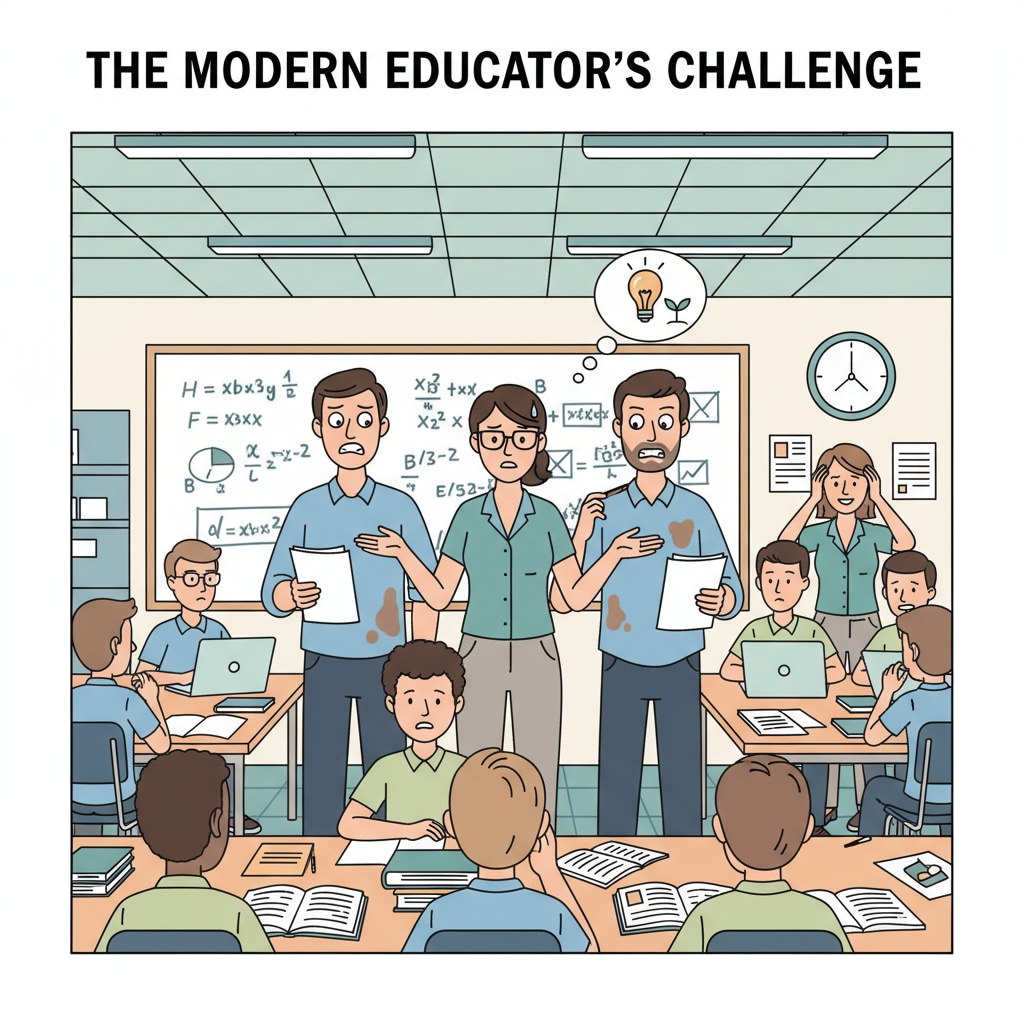Educators, work support, and job burnout are crucial aspects in the field of education. In the current K12 education landscape, educators are at the forefront, shaping the minds of the next generation. However, they often face numerous challenges that can lead to job burnout. A recent survey aimed to shed light on their occupational state and work environment.

The Heavy Burden on Educators
Educators today are under a great deal of pressure. The curriculum is constantly evolving, and they are expected to keep up with the latest educational trends. For example, with the integration of technology in the classroom, teachers need to be proficient in various digital tools. This requires additional time for training and preparation. In addition, the large number of students in each class makes it difficult for educators to provide individualized attention. According to National Center for Education Statistics, class sizes in many schools are larger than what is considered optimal for effective teaching. As a result, educators may feel overwhelmed, which is a major contributor to job burnout.
The Lack of Adequate Work Support
Another significant factor is the lack of work support for educators. They often have limited access to resources such as teaching materials, professional development opportunities, and administrative support. For instance, many teachers struggle to obtain up – to – date textbooks or educational software. In terms of professional development, some schools do not allocate sufficient funds or time for teachers to attend workshops or conferences. This lack of support can prevent educators from growing in their careers and can lead to a sense of frustration. As stated by National Education Association, a supportive work environment is essential for educators’ well – being and job satisfaction.

The systemic issues behind educators’ job burnout are complex. It involves factors like high – stakes testing, which puts a lot of pressure on both students and teachers. The pressure to meet test scores can sometimes overshadow the true purpose of education – to foster creativity and critical thinking. In addition, the lack of a proper support system within the school administration further exacerbates the problem.
To address these issues, it is crucial to build a more supportive educational ecosystem. This includes providing educators with better resources, more opportunities for professional growth, and a more reasonable workload. By doing so, we can maintain educators’ professional enthusiasm and ensure the sustainable development of educational quality.
Readability guidance: The article uses short paragraphs to clearly present different aspects of educators’ situations. Lists could be further developed in future expansions. Passive voice is minimized, and transition words are used to connect ideas smoothly.


